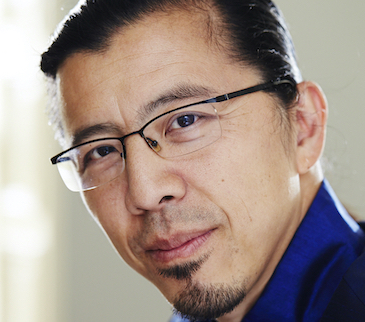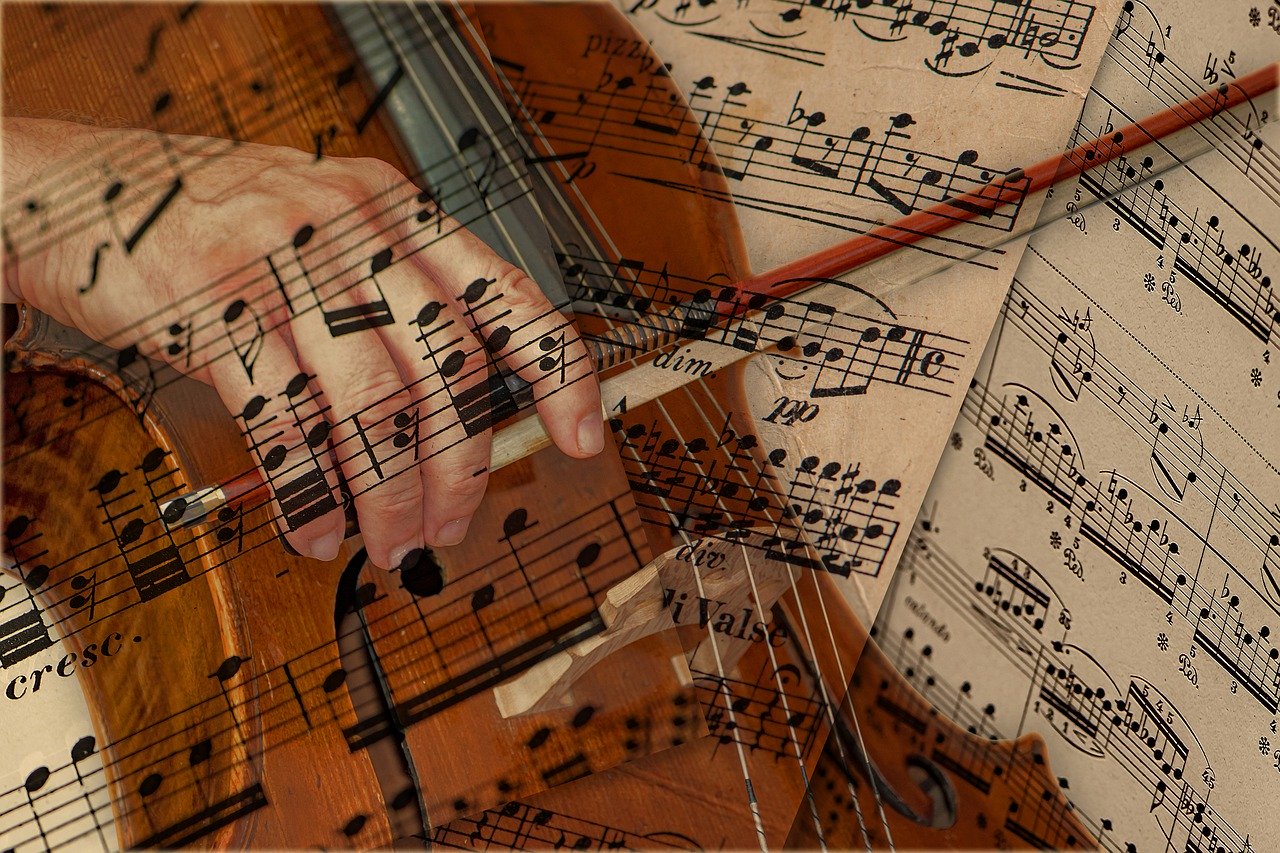Outside of my orchestra gig, I perform in a fun contemporary music group called New Music Detroit. I love digging into freshly-written music by today’s composers. When I’m practicing new music for cello, first I will listen to the piece — if there is a recording available. The sooner I can see the score, the better. Something may look really straightforward in the cello part, but when you look at what the rest of the ensemble is doing it can get incredibly complicated! Then I can sit down and slowly work through the piece.
Small Goals
When preparing a new piece, create a series of small goalposts. Don’t go faster than you can play a passage, and set small achievable tempo goals. Slowly bump up tempo as you work out the kinks in various tricky passages. Bear in mind that when you are trying to get something up to tempo, the bow-stroke changes depending on how slow or fast you go. For example, in string playing, you can’t do spiccato half tempo, it just doesn’t work. So if I’m slowly practicing a spiccato passage, mainly I’m focusing on intonation and perhaps, if it’s a string crossing passage, evenness in the bow. As I get closer to the performance tempo, then I start focusing on clarity of articulation in the bow. Another way to work on a challenging bow stroke is to practice your scales and arpeggios using that pattern.
Measuring Progress
A good practice tip, and one of the ways I measure progress is by seeing how well I can play a difficult excerpt or passage somewhat cold at my current goal tempo. Especially for orchestral auditions, I might run around the block or up and down the stairs to get my heart rate up, then sit down and record the hardest excerpts. My teacher used to say, if you can’t wake up at 4am and nail the first page of Don Juan, how well do you really know it?
Recording Yourself
As I’ve said before, recording yourself and listening back is an essential assessment tool. Frequently something might feel better than it actually sounds, and then you listen to the recording and realize, “Oh, okay, maybe I need to practice that slower.” Listen to your recording a few times through, focusing each time on different things like intonation, rhythm, phrasing, clarity of articulation, dynamic range, etc. Take specific notes — with measure numbers! Generally, I will record myself towards the end of my practice session, then do some slow follow-up practice based on my notes before stopping for the day or moving to a different piece.
Interview edited for length and clarity by Claire Thompson.

Úna O'Riordan
Praised for her exquisite tone and musical phrasing, cellist Úna O’Riordan enjoys a versatile career as an orchestral and chamber musician, new music advocate, teacher and clinician. She has performed as soloist and chamber musician in the United States, Canada, and Europe. She was appointed to the Detroit Symphony Orchestra in 2007, and her previous posts include the Oregon Symphony, Principal Cellist of the Sarasota Opera Orchestra, and Assistant Principal Cellist of the Sarasota Orchestra. An advocate for contemporary classical music, Úna is a member of the New Music Detroit (NMD) ensemble, with whom she released their 2018 debut recording “Smoke: The Music of Marc Mellits” on the Innova label. In recent years, she has performed in recital with such diverse artists as legendary pianist Menahem Pressler, violinist Cho-Liang Lin, singer-songwriter Shara Nova, composer/percussionist Andy Akiho, Fifth House Ensemble and the Zodiac Trio.
In 2019, Úna joined the faculties of Oakland University School of Music Theatre and Dance and Wayne State University. She has taught and performed at the Zodiac Festival & Academy in Valdeblore, France, and the Fresh Inc Festival for contemporary music performance and composition in Racine, Wisconsin. From 2013-2017 she taught and performed at the American Institute for Musical Studies (AIMS) in Graz, Austria, where she has led audition-training workshops and served as principal cellist of the festival orchestra.
Úna is a graduate of the Eastman School of Music, where she received a Bachelor of Music with Distinction and was named an Arts Leadership Scholar. She received her Master of Music degree from Northwestern University’s Bienen School of Music. Her principal teachers include Hans Jorgen Jensen, Alan Harris, and Pamela Frame. During her training she participated in masterclasses with Yo-Yo Ma, Janos Starker and Paul Katz. She was a fellowship recipient at the Aspen and Meadowmount Schools of Music, and participated in the Verbier Festival and New York String Seminar at Carnegie Hall.



Comments are closed.